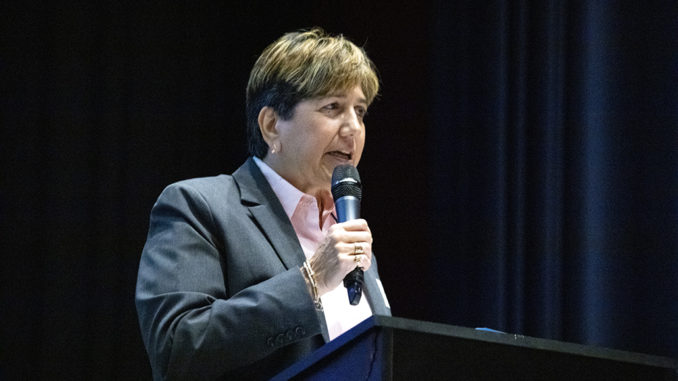
by Scott Collins
A new California bill aimed at curbing the excesses of the gig economy has many freelance post-production people panicked.
Some Guild members worry that if passed, the legislation will impact their ability to continue to have “loan-out” companies and that they would be classified as independent contractors.
Under collective bargaining rules, loan-out workers are treated as employees, not independent contractors. They receive a check, however, from their employer’s accounts payable department rather than payroll.
The proposed law “has no impact at all on loan-out companies under the IA Basic Agreement,” says Cathy Repola, National Executive Director of the Motion Picture Editors Guild, IATSE Local 700.
Loan-outs, common for years among celebrities and music acts, have become especially popular among below-the-line entertainment professionals since the 2018 tax law curbed their ability to deduct business expenses through more traditional means.
The proposed law – Assembly Bill 5, or AB5 – attempts to codify a California Supreme Court decision in 2018. That case involved Dynamex Operations West, a delivery company whose drivers claimed they were misclassified as independent contractors rather than employees.
Learning the ABCs
The court said that to be treated as an independent contractor one must pass a so-called “ABC test” that weighs whether the workers are able to perform their tasks free from company control and are in business for themselves.
The stakes are high. AB5 could impact gig-dependent companies such as Uber and Lyft, which rely on drivers who are deemed independent contractors and who do not receive employee benefits.
The fear is that if it becomes law, AB5’s effects would spread to Hollywood. One trade story in June warned of “devastating” consequences if the legislation ended up making loan-outs useless.
Repola acknowledged that “sensationalized headlines” about the California bill have “created a great deal of confusion among our members.”
“Companies are clamoring for exemptions and the bill is likely to be subject to some amendments,” she says, before the bill makes its way to Gov. Gavin Newsom for signature this fall.
“The possible amendments are being closely monitored and we hope to avoid any changes that would negatively impact our members,” Repola adds.
“If it becomes necessary to actively engage in this political process, we will certainly advise you.”
Scott Collins is Communications Director of the Motion Picture Editors Guild.





